Scientific Staff
Joachim Hermisson
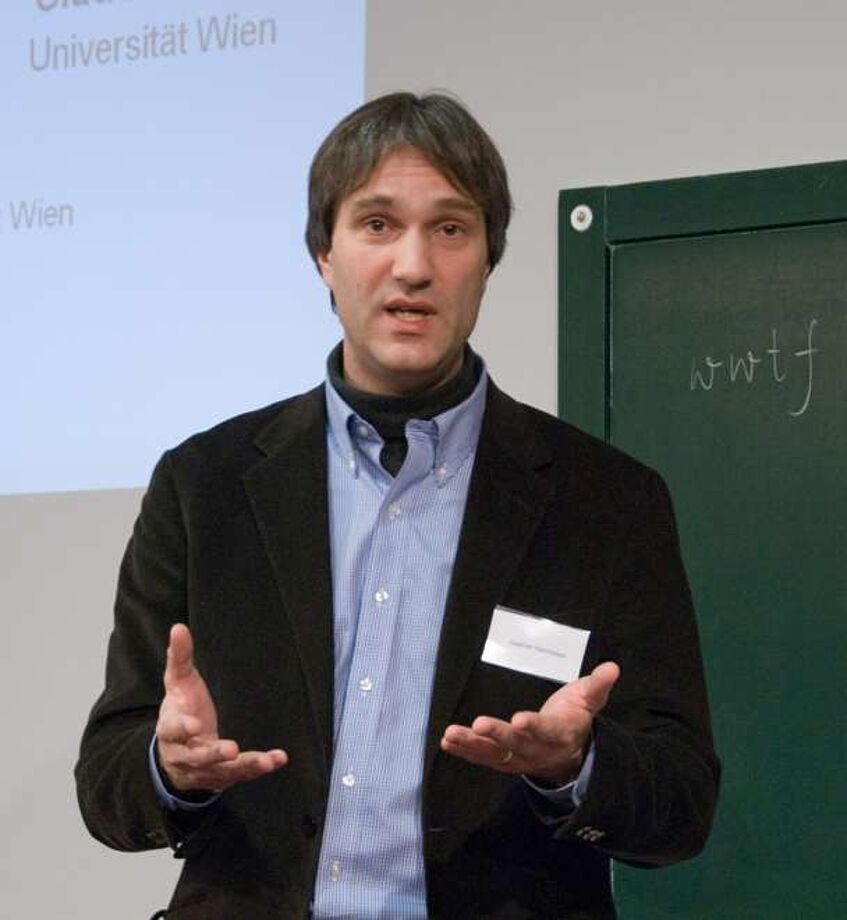
Joachim Hermisson
joachim.hermisson@univie.ac.at
T +43 1 4277 50648
Room 09.121 (OMP1)
Joachim studied Physics and Philosophy in Tübingen and Göttingen and did a PhD on Quantum Phase Transitions before he switched to model Real Life. He worked with Günter Wagner at Yale and started his own group in Munich in 2002 with the help of an Emmy Noether research grant by the German Research Foundation (DFG). In October 2007, he started his position as a Professor of Mathematics and Biosciences at the University of Vienna.
Himani Sachdeva
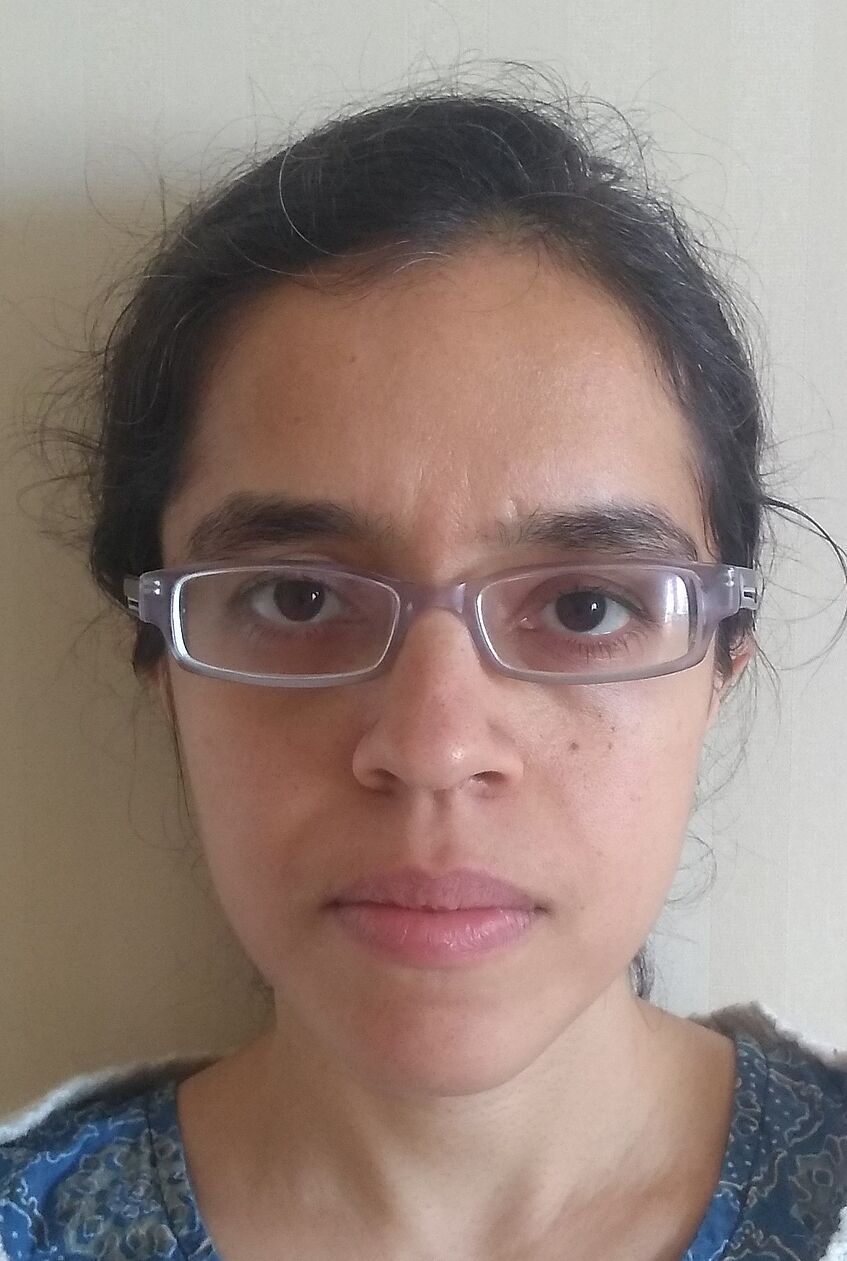
Himani Sachdeva
himani.sachdeva@univie.ac.at
T +43 1 4277 50427
Room 09.136 (OMP1)
Himani studied physics and obtained her PhD in statistical physics from TIFR Mumbai. She then switched to theoretical population and evolutionary genetics for her postdoctoral work at IST Austria.
Her research focuses on how polygenic selection (i.e., natural selection involving multiple genes) shapes adaptation within populations and genetic differentiation between populations.
Specific projects relate to understanding a) the effects of linkage between genes during polygenic adaptation b) the evolutionary interplay between genetic architecture and mating system c) the effects of polygenic adaptation on the eco-evolutionary dynamics of sub-divided and marginal populations.
Archana Devi

Archana Devi
archana.devi@univie.ac.at
Room 06.139 (OMP1)
Archana studied physics and then did her PhD in theoretical population genetics at JNCASR, Bangalore. During her PhD work, she mainly focused on the dynamics of adaptation of both monogenic and polygenic traits in changing environments. She did her first postdoc at ASU, Tempe, where she studied the effects of linkage between genes in reducing the effective population sizes in asexual populations. Currently, she is studying the adaptation of polygenic traits to a new environment under stabilizing selection and understanding the effects of the number of loci, effect sizes of the loci, and the linkage between loci in the adaptation process.
Juan Li
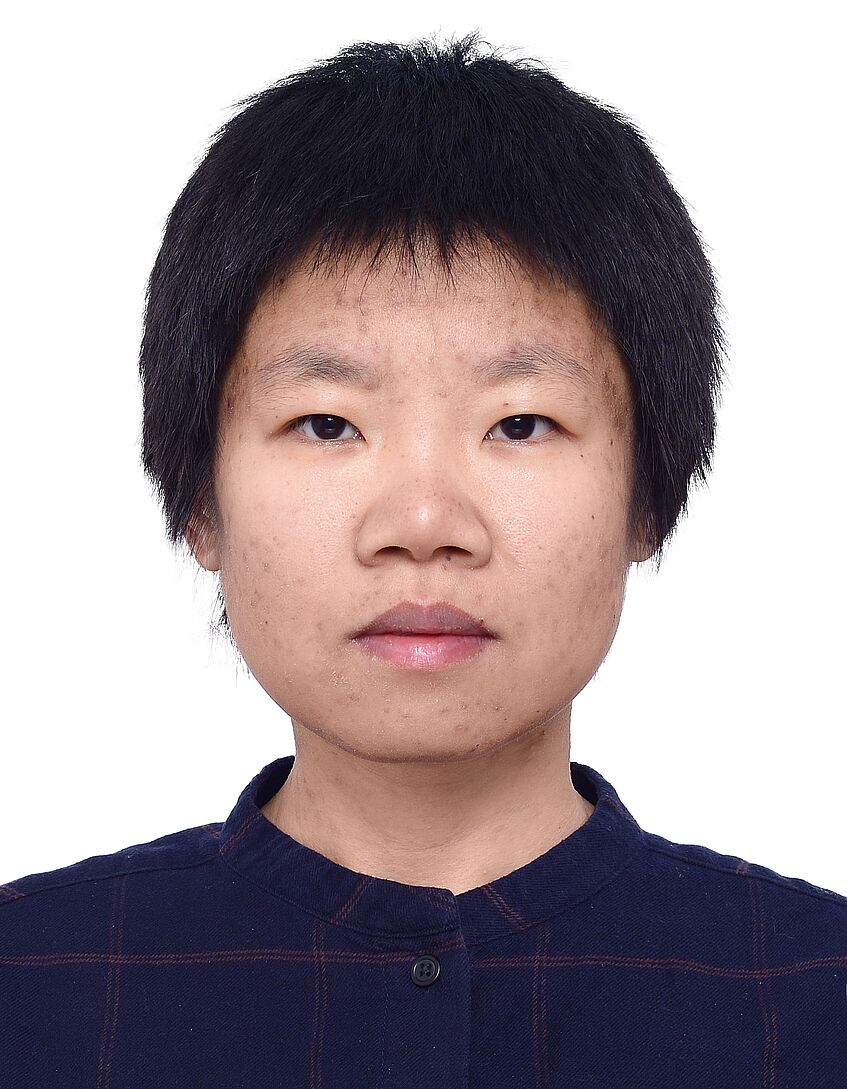
Juan Li
juan.li@univie.ac.at
Room 06.119 (OMP1)
Li Juan's research interests encompass speciation and polygenic adaptation. During her PhD, she investigated the genetic basis of mating behavior isolation in Drosophila melanogaster. Subsequently, she transitioned towards a more theoretical approach, focusing on genetic incompatibilities and fitness landscapes. Currently, she is exploring the impact and interplay of selection and population structure in polygenic adaptation.
Independent Group Leader
Jitka Polechová
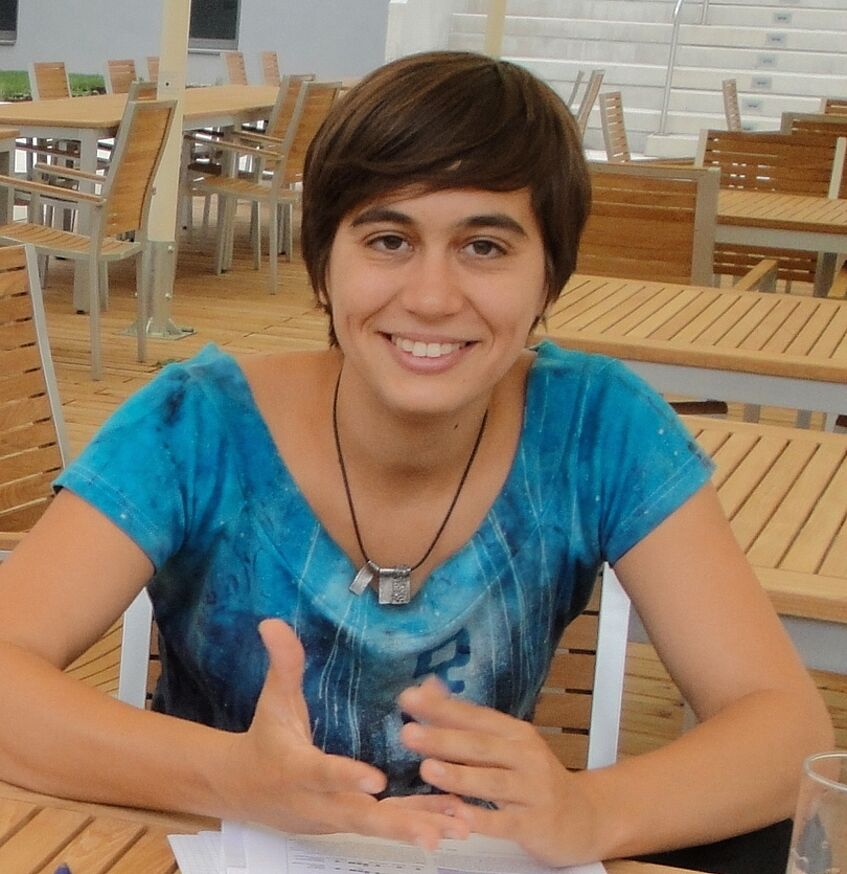
Jitka Polechová
jitka.polechova@univie.ac.at
T +43 1 4277 55733
Room 09.138 (OMP1)
Jitka is a theoretical evolutionary ecologist. She combines analytical and numerical treatments to develop fundamental theory of coevolution of a species' range and niche, of species' connectivity and its limits, and of speciation. She has obtained her PhD in Zoology in 2005 from the Charles University in Prague. During her studies and earlier postdoc years, she has worked at the University of Edinburgh, University of Knoxville, Tennessee and at the IST Austria.
In 2015 she has been awarded Elise Richter Fellowship at the Department of Mathematics of the University of Vienna to work on evolutionary ecology of species' ranges.
In 2019, she has obtained both her habilitation in Mathematical Biology and funding for a 4-year FWF Stand Alone Project: Causes and consequences of population fragmentation.
Administration
Michael Dorninger
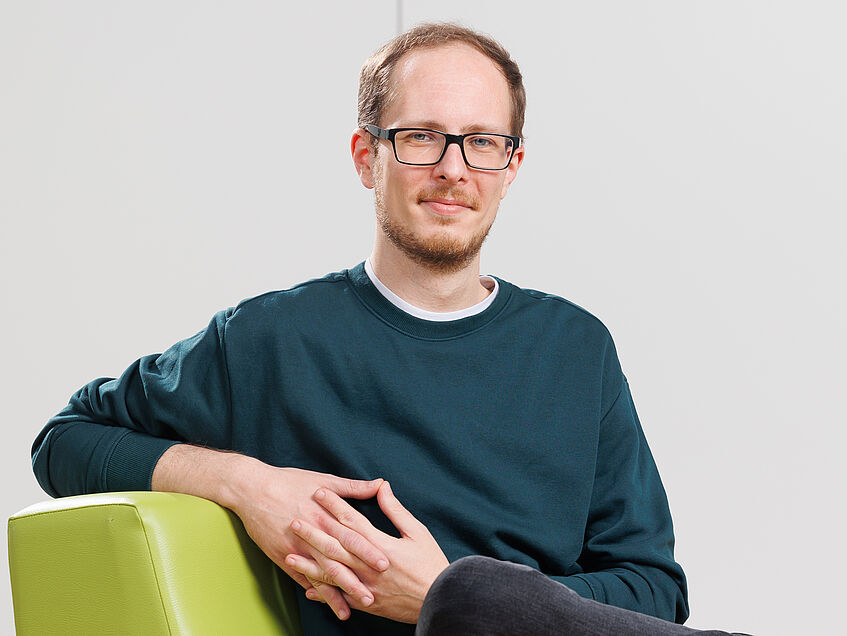
Former members

Find out more about our former members, such as
Claudia Bank
Angela Hancock
Ines Hellmann
Michael Kopp
Peter Pfaffelhuber
Claus Rueffler
Hannes Svardal
Hildegard Uecker
Meike Wittmann
